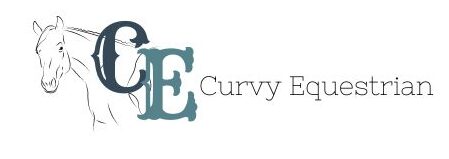There are many different types of trainers out there. You want to pick one with the right chemistry and trust with you.
Red Flags:
Never on time.
If they ask for money in advance when you just paid.
When you feel like you’re not progressing, even though you have been riding more than once a week for months or years.
When they don’t really answer your questions or give you advice.
Saying the same thing repeatedly. Granted, most trainers do, but if they are not explaining what you’re doing wrong, then it is a red flag.
Abusive towards their animals.
Using ill fitted tack.
Using advanced horses for more beginner riders.
Misusing training aids. Meaning, having beginners using harsher bits than what the horse needs. This causes more harm to the horse, especially in less experienced hands. If the horse they are riding needs a harsher bit, then that person should not be riding that horse.
Everyone in the horse world is very opinionated and defensive about how they teach and what their own horses can handle. So, you must be comfortable with the trainer, no matter where you are in your career.
The trainer will either put you in a group that is either less experienced or more experienced than you.
When riding in a group, they barely talk to you and give you tips, even though you ask questions.
They talk about a person all the time, and how great they are/were.
They give one person more opportunities to ride and more leniency, even though they may not deserve it or not as a good rider than you.
(This one is dependent on the barn lease) Takes your horse to a horseshow without asking you and telling you the morning of the horse show, even though you have been working with the horse all week.
Some lessons will make you cry afterwards, but if it’s because of the trainer, then it’s a red flag.
They will tell you; you can’t take lessons at other barns. (This is more opinion based) But I personally believe if you are growing with two trainers together, both should be supportive.
If looking for a horse, the trainer doesn’t give their opinion after trying the horse out. They will say yes on buying a horse, even though you may not actually be there yet or if they have horses that will fit you at the barn. Ones you can lease instead of buying.
Green Flags:
If a trainer has a harsher aid for the horse, you are riding, and you are not experienced. A good trainer will tell you exactly what to do. They will know if you can handle it or not.
Some are more cautious than others. There is nothing wrong with going slowly. A trainer will communicate with you and/or your parents about where you are and what you can handle.
If you feel comfortable talking to your trainer about moving up, or trying a horse then you need more experience to ride.
It always feels good when the trainer is excited to teach you or teach your group.
They are open to you taking lessons at another barn, one where they see you progressing. When communicating on what the other trainer told you to work on, and the trainer helping you and giving more feedback. (You just must remember that they are conducting the lesson on what they want you to work on.) They may agree and help you a little bit with what you were working on. You may move on to what they want you to work on. And that is okay.
They will be interested in your life and what’s going on.
If you are interested in buying a horse, then the trainer will tell you whether it’s a good idea or not. They will help you find the right one for your experience and one that can meet your goals. The trainer will give you their honest opinion if they feel if the horse is right for you after trying it.
